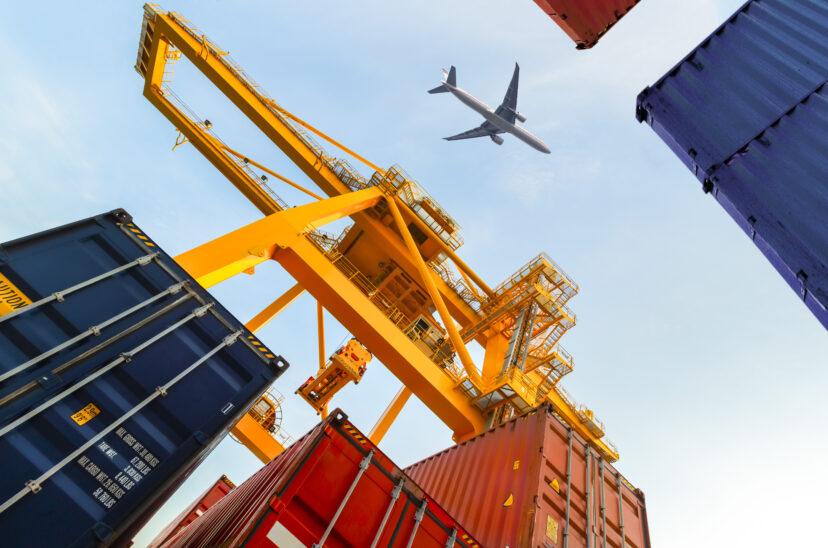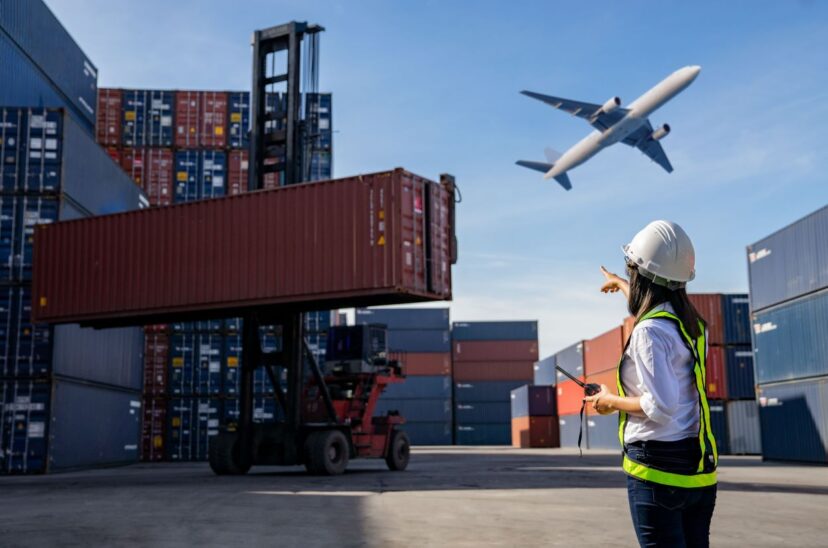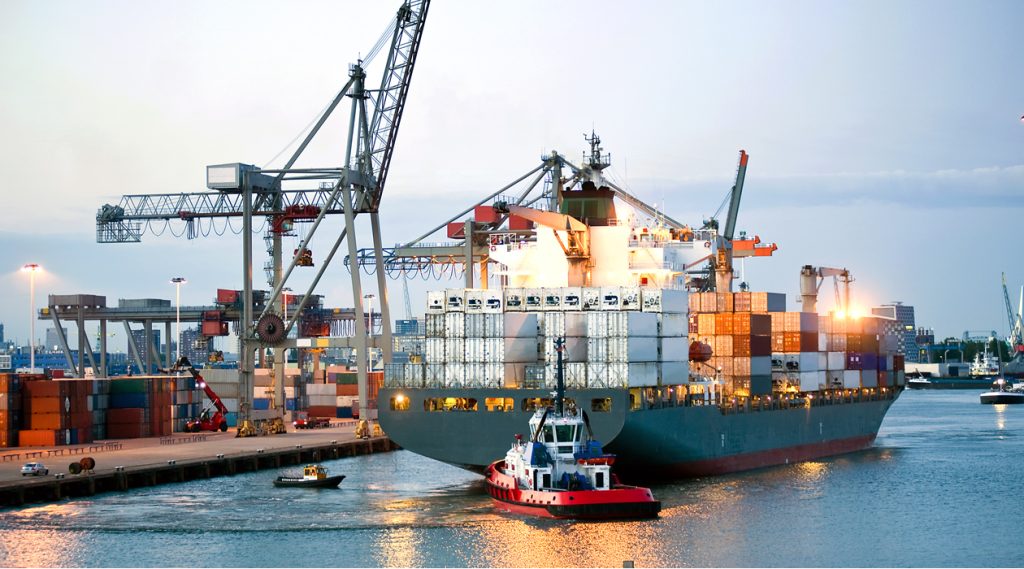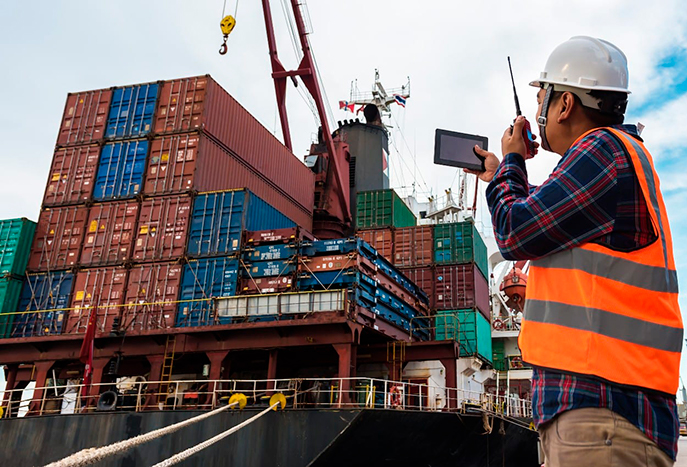International trade regulations vary worldwide, and in Mexico, one key requirement for importing or exporting certain products is registration in a sectorial registry. This specialized registry is essential for handling strategic or sensitive products, ensuring compliance with national customs regulations.
In this article, we outline which products require a sectorial registry, why this is mandated, and why it’s crucial for large corporations to have the correct registration in place for their global operations.

What is a Sectorial Registry?
A sectorial registry is a required registration for companies that wish to import or export certain products in Mexico. These products are often closely monitored by the Mexican Tax Administration Service (SAT) due to their importance for national security, the economy, or public health.
Companies aiming to trade these products internationally must ensure they are enrolled in the proper sectorial registry. This process can be complex, and many companies find it helpful to work with a commercial agency that understands the necessary steps for effective compliance.
Which Products Require a Sectorial Registry?
Here’s an overview of the products that require a sectorial registry, essential for global companies to prevent legal and operational issues in their import and export activities:
- Fuels and Petroleum Products: Energy products, including fuels and petroleum derivatives, are highly regulated in Mexico due to their impact on national energy security and the economy. To import or export these products, companies must register in the appropriate sectorial registry.
- Iron and Steel Products: Trade of iron, steel, and other metals requires sectorial registry enrollment due to their economic value and strategic importance for national infrastructure. Global companies in this industry need the correct registration to avoid supply chain disruptions.
- Hazardous Chemicals: Chemical substances that may pose health or environmental risks, such as chemical precursors and certain dangerous compounds, require a specific sectorial registry. This control ensures safe handling in line with international standards.
- Textile Products: Textile imports in Mexico also require sectorial registry enrollment, largely due to historical undervaluation and smuggling issues that have impacted local industries. Companies dealing in textiles must meet this requirement.
- Pharmaceuticals and Medical Products: The healthcare sector is highly regulated, with pharmaceuticals and medical devices requiring sectorial registration. Failure to comply can lead to severe penalties and disrupt the supply of essential health products.
- Vehicles and Auto Parts: The automotive industry is one of Mexico’s economic pillars, involving the export and import of vehicles and auto parts. Companies in this sector need the appropriate sectorial registration to avoid regulatory obstacles.
- Sensitive Food Products: Certain food items, particularly those affecting public health or requiring strict cold chain management, are subject to sectorial registration. This registry ensures compliance with health and food safety standards.

Why Do Multinational Companies Need to Be Aware of the Sectorial Registry?
Meeting sectorial registry requirements is both a legal and strategic necessity for large corporations that depend on smooth international operations. Lack of proper sectorial registration can result in significant penalties, cargo hold-ups, and even suspension of import/export activities.
For companies, non-compliance with these regulations can have substantial financial and operational impacts. It’s vital to ensure that all regulated products are covered by the necessary sectorial registries.
How Can Companies Better Manage Sectorial Registries?
If your company needs to handle products requiring a sectorial registry, the registration and compliance processes can be complex. This is where the support of a commercial agency with sectorial registrations can prove invaluable, ensuring efficient and compliant trade operations.
Benefits of Partnering with a Commercial Agency Holding Sectorial Registries
To streamline the process for your operations, consider working with a commercial agency holding sectorial registrations. Benefits include:
- Time and Resource Savings: Sectorial registration can be lengthy and complex. Partnering with a pre-registered agency helps avoid delays, facilitating foreign trade operations.
- Guaranteed Compliance: Experienced commercial agencies are familiar with customs and tax regulations, ensuring your company meets all requirements smoothly.
- Reduced Operational Risks: Lacking the proper sectorial registry can result in customs holds, fines, or significant sanctions. Working with an agency that holds necessary registrations minimizes these risks.
- Broader Market Access: Agencies experienced across various sectors can help facilitate entry into new markets and product lines, expanding your company’s opportunities without added bureaucratic burdens.
When Specialized Support is Crucial
There are scenarios where partnering with a commercial agency with sectorial registrations can be key for the success of global operations:
- Entering New Markets: If your company is expanding to sell products that require sectorial registration, agency support can be the difference between smooth operations and costly delays.
- Large-Scale or Urgent Projects: Companies managing high-volume operations benefit from working with an agency experienced with sectorial requirements to keep everything on track.

Essential Steps to Address Sectorial Registry Requirements
Understanding which products require sectorial registration is essential for global companies engaged in international trade. Sectorial registries ensure customs and tax compliance, helping to avoid challenges that could disrupt business operations.

Navigating sectorial registries can be a complex task for many companies. Seeking support from an experienced commercial agency with the necessary registrations can help expedite processes. If your company plans to import or export regulated products, consult specialists to ensure full compliance for seamless operations.
